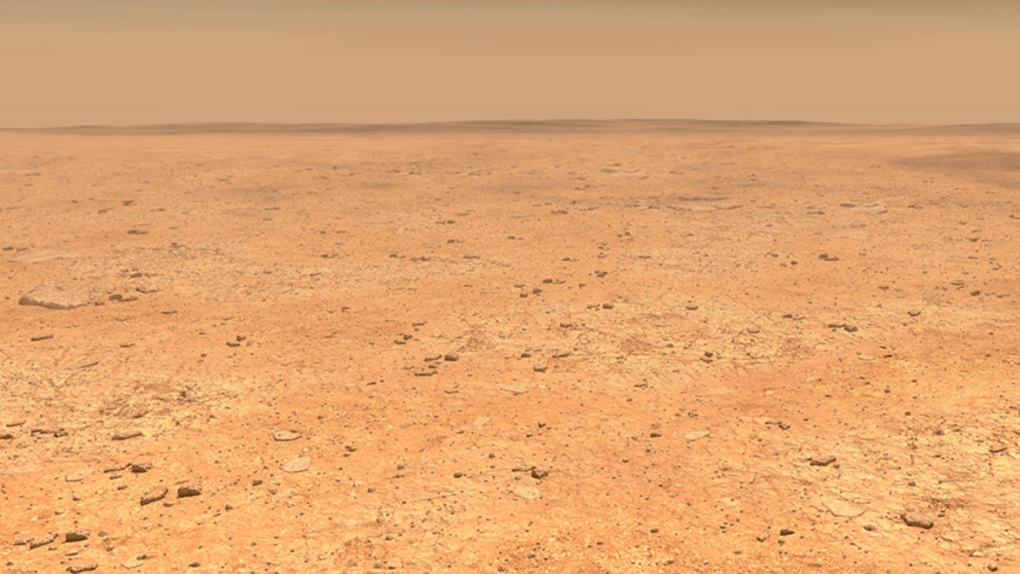Mars as we know it today is a mostly dry, dusty place with a few pockets of ice in remote regions. It’s barren and we’re pretty sure it’s lifeless today, but that might not have always been the case. Scientists think that Mars was once a relatively wet world, but if that’s true then where did all of that moisture go?
A new study published in Nature attempts to answer that question, and a recent event on the Red Planet may have shown us exactly how it lost the majority of its water. That event, a planet-wide dust storm that killed NASA’s Opportunity rover, revealed some interesting clues about how water may have escaped Earth’s most similar neighbor.
Dust storms like the one that blotted out the Sun for months on end starting in mid-2018 are fairly common on the planet. They range in intensity, but astronomers have known for a while that storms engulfing the entire planet aren’t particularly rare.
However, just why and how they grow to be so large is still somewhat of a mystery, The colossal dust storm in 2018 has helped explain it to a small degree, but it also revealed the role that the storms may play in how water moves on the planet.
Using data from the ExoMars orbiter, scientists observed water vapor traveling to new heights during the planet-wide storm. That water vapor, which normally hangs at an altitude of around 12 miles from the Martian surface, was pushed upwards of 50 miles into the Mars sky as the storm raged one.
Without a suitable atmosphere to ensure the moisture hangs around, the Sun can slowly but surely blow that material away from the planet and into space. When water molecules reach the so-called “escape region” of the atmosphere they are leeched away, further drying the planet.
It’s believed that a similar process may be responsible for the lack of water on Mars today. It would have taken an incredibly long time for such a thing to happen, perhaps allowing Mars to have fostered life before eventually drying into the dusty husk it is today.








